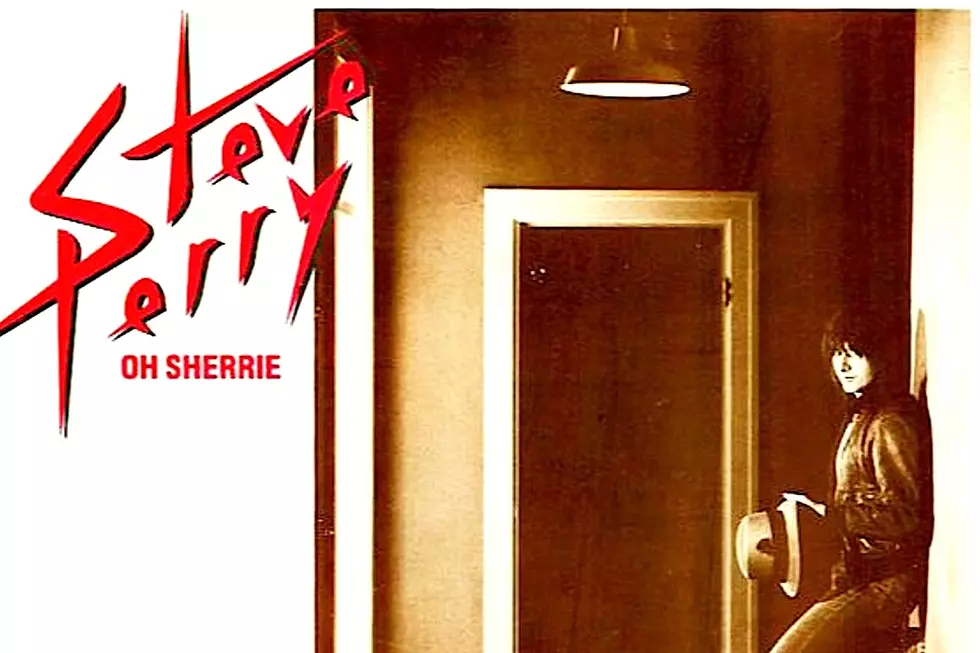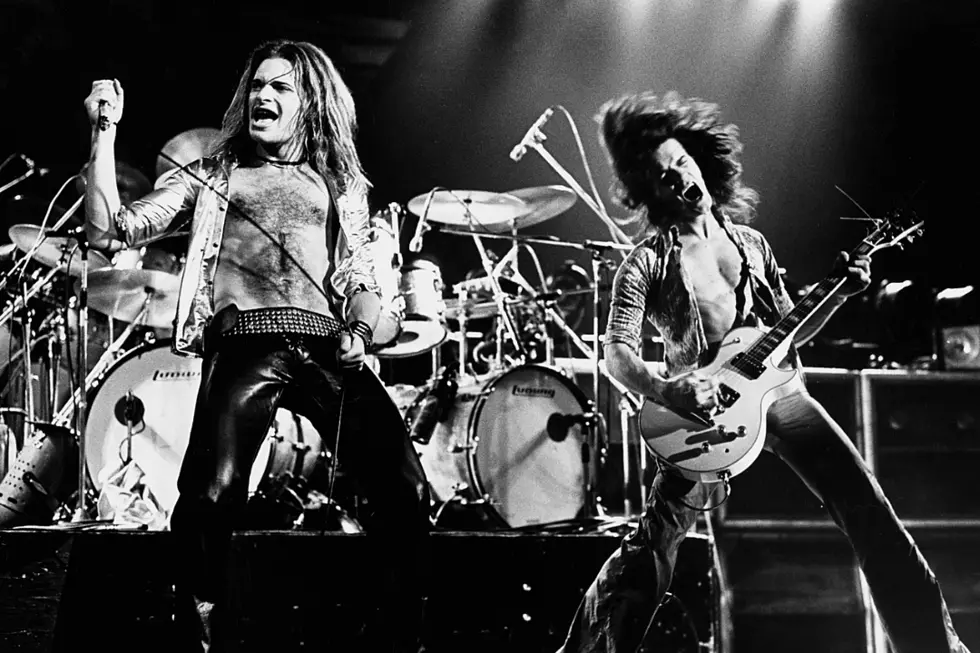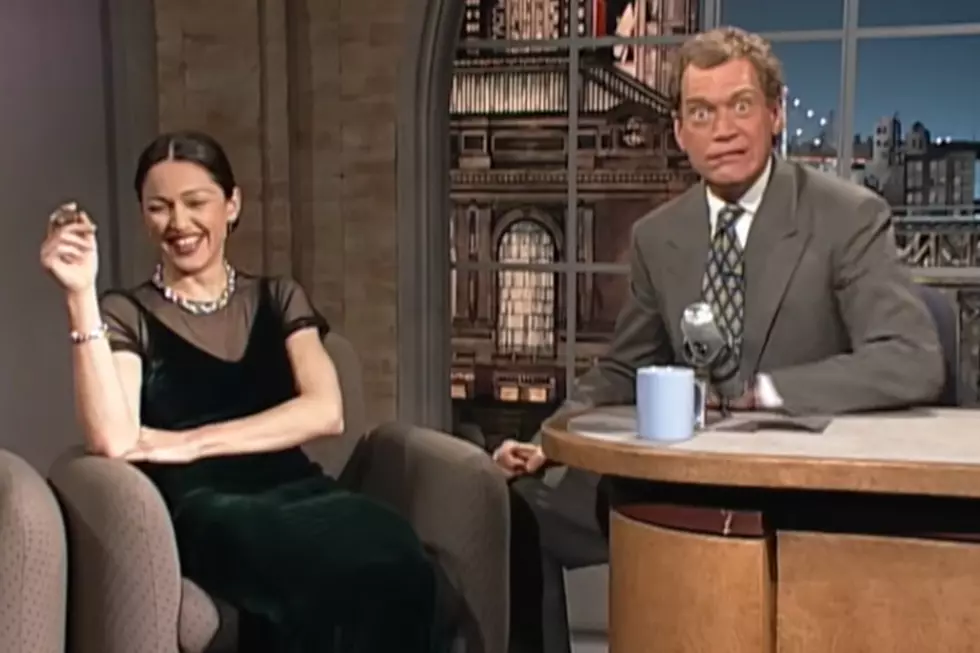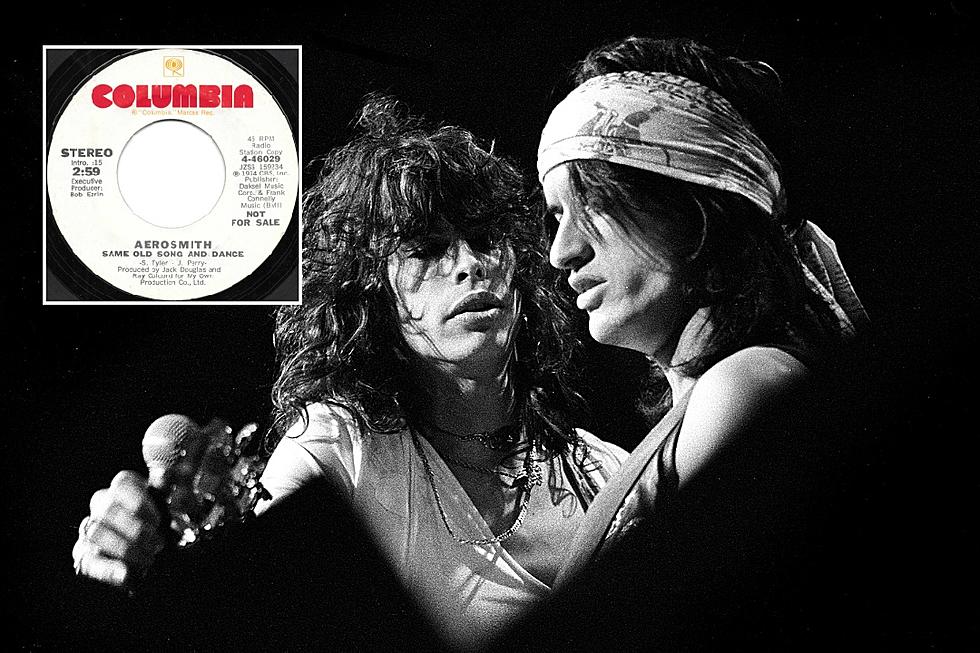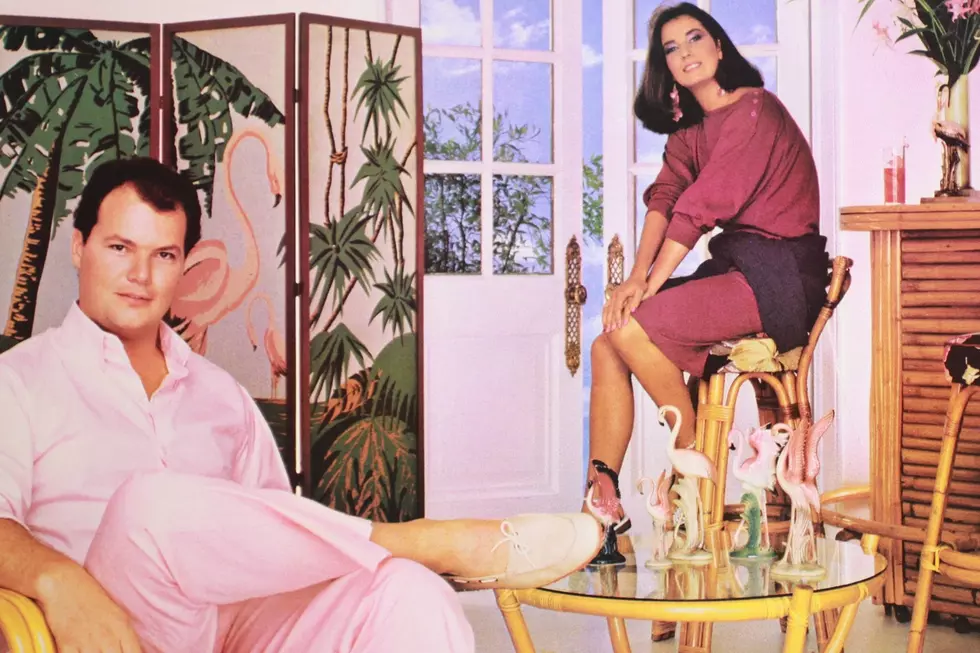
How Christopher Cross Got Sophomore Jinxed With ‘Another Page’
Christopher Cross launched a career with his juggernaut debut album that seemed poised to produce years of multi-platinum hits. Yet the arrival of his follow-up effort three long years later offered a case study in just how much of an artist's success depends on momentum, luck and good timing.
The Christopher Cross LP came out of nowhere to own the charts in 1980, catapulting the Texas-raised singer-songwriter out of obscurity, while soaring into Billboard's Top 5 and sending four singles into the pop Top 40. At the following year's Grammys, Cross famously swept the major categories – taking home five awards, including Album of the Year, Record of the Year, Song of the Year and Best New Artist.
It proved a difficult act to follow. All that success can be disorienting for any artist, and Cross hadn't been aiming for or expecting that type of attention. Still, Christopher Cross was distinctly of its moment, a polished soft-rock gem that blended sweeping, pillow-soft balladry with pop songcraft and a dash of flash from Cross' underrated guitar skills.
The record was the work of a singer-songwriter and a band that had paid its dues in Texas clubs, but the liner notes also read like a Who's Who of late-'70s studio rock, listing session pros like Larry Carlton and Jay Graydon as well as superstars like Don Henley and Cross' friend Michael McDonald.
The fates were aligned, but it didn't last. Suddenly in the spotlight, Cross struggled to cope, creatively as well as personally. Never the most prolific songwriter, he found himself in the same situation that's plagued many artists who had years to perfect their debut, scored a big hit and were expected to deliver an even bigger follow-up right away.
A solid chunk of Christopher Cross was anchored with Cross' rock guitar, but the ballads really sold the record — a direction he cemented by co-writing and performing "Arthur's Theme (Best That You Can Do)," the Oscar-winning theme from the Liza Minnelli and Dudley Moore romantic comedy Arthur, the following year.
Listen to Christopher Cross Perform 'All Right'
At the same time, MTV was taking off, making it more important than ever that an artist have a compelling visual image to go with their sound. Cross, with his thinning hair, patchy beard and husky build, didn't fit the mold. It wasn't an insurmountable problem — not every artist in the '80s looked like a matinee idol — but his increasingly ballad-focused approach made it more difficult.
Meanwhile, the months after Christopher Cross' stratospheric success stretched into years, and without a new album to tie into "Arthur's Theme," his momentum cooled.
In the midst of all this professional and creative upheaval, Cross had no shortage of personal distractions — chiefly the end of his first marriage, which concluded in divorce in 1982. After the split, the 31-year-old Cross started dating, entering into a new relationship with a 19-year-old college student. Their connection would inspire a new burst of songwriting — and ultimately lead to the Jan. 31, 1983 arrival of his long-awaited second album, Another Page.
"I was just in this whirlwind, and, you know, it was almost like Dorothy in the tornado. My first marriage ended, and I met this wonderful girl named Paige and kind of fell in love with her, and I ended up making this album called Another Page," Cross later recalled. "And it’s sort of dedicated to her, and her picture. ... She’s in a picture with me on the inside and all that, and a lot of the songs were written for her, so it’s almost like this love album dedicated to her."
Needless to say, Another Page's soft focus — reflected in the pastel album art and close-up cover photo of a flamingo — did nothing to shore up Cross' vanishing rock credibility. The record still left room for uptempo fare and some strong guitar solos, but it undoubtedly marked a further drift into adult-contemporary territory.
He'd periodically make efforts to remind people that he was more than a love-song artist throughout the remainder of his career, but there would be no turning back. "Maybe it wasn’t as eclectic as the first album. It was more of a ballad record," Cross admitted. "I could’ve teetered either way at radio, and with the combination of Another Page following 'Arthur,' I was pretty much cemented in the ballad world."
Listen to Christopher Cross Perform 'Think of Laura'
Even if Another Page was destined to fall prey to the sophomore jinx, it was far from a flop. The album peaked at No. 11 and spun off a trio of hit singles: "All Right," which reached No. 12; "No Time for Talk," which made it to No. 33; and "Think of Laura," which delivered Cross his last Top 10 single, peaking at No. 9. Tellingly, while "All Right" and "No Time for Talk" were both uptempo tracks, Another Page saw its greatest success with "Think of Laura," a ballad Cross was inspired to write for Paige as a means of comfort after her roommate was murdered in the crossfire of a gun battle between gang members.
"Think of Laura" also sparked an unlikely resurgence for Another Page with its release as a single in late 1983, largely thanks to its frequent airplay during episodes of General Hospital.
Unfortunately for Cross, Another Page's strong finish didn't translate to increased momentum for his recording career. He wouldn't release his third album, Every Turn of the World, until late 1985 — and the more pronounced rock sound he adopted for that record found few takers at radio. His tougher image, reflected in a cover shot of Cross behind the wheel of a race car, led to the poorest chart performance of his career to that point.
By the early '90s, Cross was out of a record deal in the States. He continued to tour and record steadily over the decades, but he's never come anywhere near the incredible commercial peaks he hit as a new artist. It hasn't always been the easiest journey, but it's one Cross has long since learned to make peace with.
"I think when you start that meteorically, it's kind of hard to follow – to go anywhere except down – because it's just so huge. In America, they start building you up and then they want to find a way to tear you down," Cross told Songfacts in 2013.
"With me, too, the music got more sophisticated and I did fewer romantic pop songs," he added. "It got more sophisticated and I think that didn't resonate with people as much. But I'm not complaining. I had a great start to my career, and even today if you walk down the street and ask somebody who Christopher Cross is, most people will say, "He's the 'Sailing' guy." I'm a little bit luckier than a lot of people, so it's great."
Top 200 '70s Songs
More From Ultimate Classic Rock


